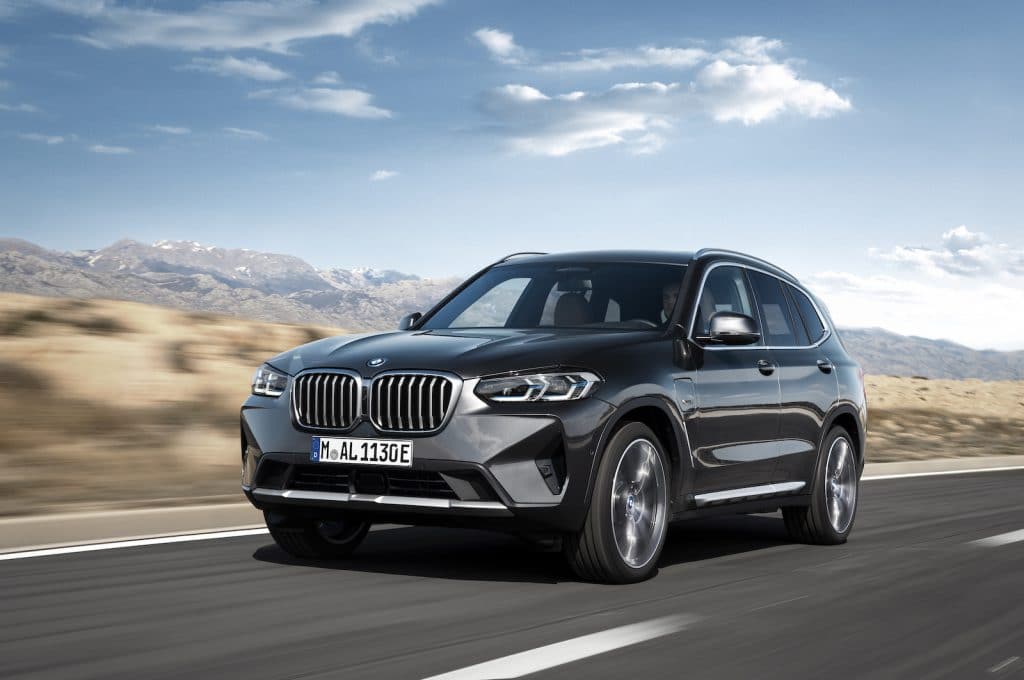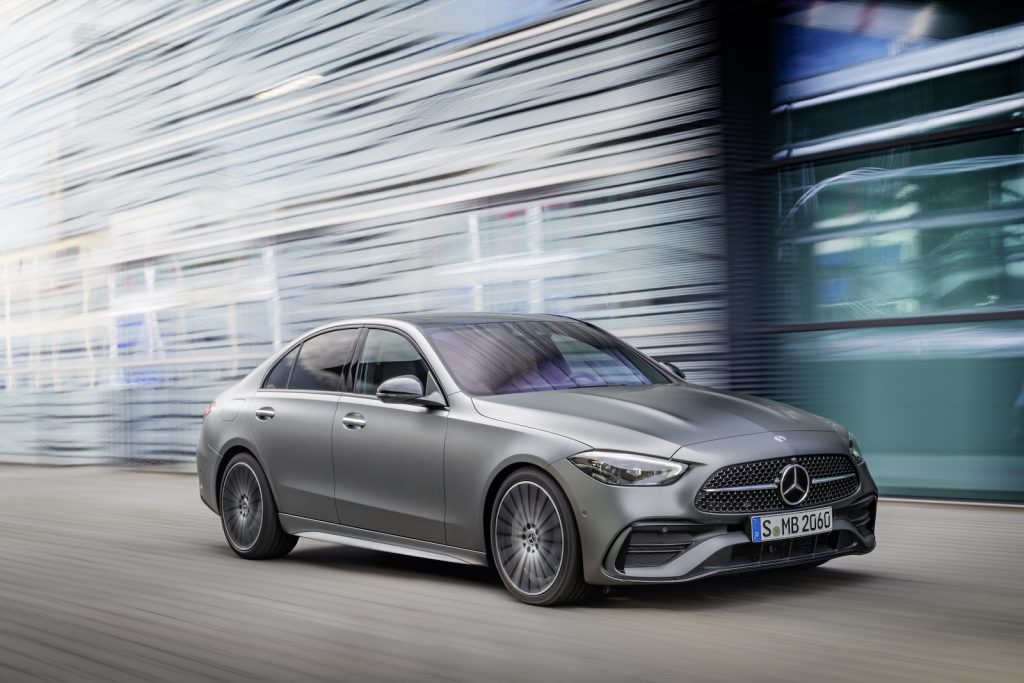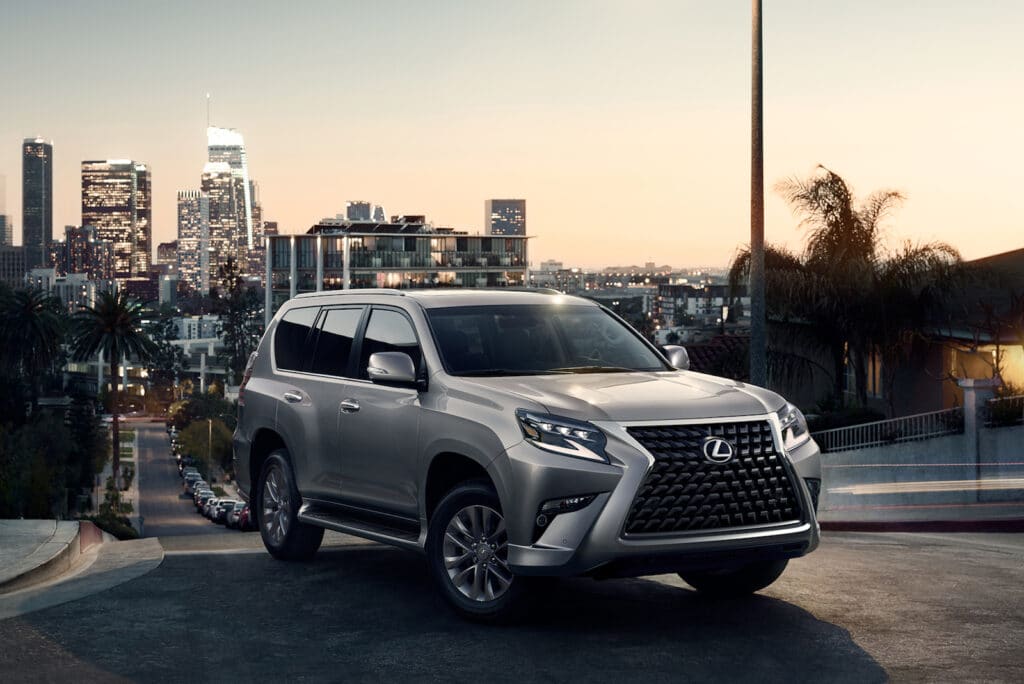BMW was the top selling luxury brand in the United States for the third year in a row in 2021 holding off a charge by Mercedes Benz and beating out Lexus, a former leader, which finished in the third spot despite an 11.8% increase thanks to strong sales of utility vehicles.

Mercedes-Benz’s second-place finish comes with a big asterisk. The company’s sales total was bolstered by sales of more than 50,000 Mercedes-Benz vans, many of which are sold as commercial vehicles rather than luxury vehicles. Without the vans sales, Mercedes would be third behind Lexus — which is where it finished last year.
The two German brands and Lexus have battled for leadership in luxury sales for the better part of a decade. BMW finished the year with sales of 336,644 units while Mercedes-Benz totaled 329,574 and Lexus sold 304,476 vehicles. Cadillac, once the longtime leader in luxury cars, finished the year selling 118,310 units.
Top brands face new challenges
But the top brands are facing new competition from Audi, Volvo and Genesis, which are promising to add new battery-electric models to challenge the influence of Tesla, which has had a major impact in key markets such as California.

Waiting in the wings are new builders of electric vehicles eager to reach affluent customers, including Rivian and Lucid, which are also mounting a new challenge to Tesla. While Tesla built nearly 1 million vehicles in 2021, production of the top-of-the-line Tesla Model S and Model X slipped last year to 24,390 from 54,805 units in 2020 as the company emphasized production of less expensive Model 3 and Model Y battery-electric vehicles.
Mercedes sales tumbled in fourth quarter
Overall, Mercedes-Benz, which was one of the last carmakers to report its North American results, said its sales dropped 20% in the fourth quarter of 2021, following the pattern, which prevailed across the industry as inventories fell short.
Mercedes-Benz volume leaders in Q4 included the GLE, GLC and GLS model lines.

For the full year, MBUSA recorded sales of 276,102 Mercedes-Benz passenger vehicles and 53,472 vans. This brings MBUSA’s total year-to-date sales to 329,574 units, an increase of 1.1% versus 2020.
MBUSA is looking for even stronger sales during the coming year, like other European manufacturers, as it puts more battery-electric and plug-in hybrid vehicles on the market.
“Results for 2021 demonstrated the incredible demand for the Mercedes-Benz brand in the U.S. and worldwide despite ongoing supply challenges,” said Dimitris Psillakis, president and CEO of MBUSA. “Together with our Mercedes-Benz dealer partners, we will advance our position with the electric EQS-sedan, all new SL, new C-Class, EQE, EQS SUV and EQB in 2022 and further accelerate our long-term ambitions for an electric future.”
One non-luxury brand, Volkswagen of America Inc., reported its year-end 2021 sales much later than the rest of group of mainstream makers for unknown reasons. It reported sales of 375,030 units, an increase of 15% from 2020. VWofA also reported 84,336 units delivered in the fourth quarter of 2021, a 10.6% decline from Q4 2020. It also said utility vehicles now account for 73% of the VWs sales in the United States.








If you are going to count commercial vehicles, Ford is #1 by a 3:1 margin. I’m willing to bet that the average F-Series sells for more than the average ‘luxury’ vehicle.